Courses Infomation
Freedom from Depression by lames S. Gordon
Freedom from Depression by lames S. Gordon
**More information:
Description
Essential Practices for Lasting Freedom from Depression
The true source of healing from depression comes from within—not from doctors or medications. Yet when depression drains away our vitality and will, how can we find the energy to help ourselves? With Freedom from Depression, Dr. James S. Gordon reveals a new and empowering approach for dealing with this misunderstood condition—a way out of the darkness that helps you restore balance and joy to your life.
Proven Techniques for Navigating Our Way to Wholeness
Through both his personal experience and 40 years of research, Dr. Gordon knows just how serious depression can be. Dr. Gordon challenges the common medical model of depression as a strictly physical disease that is best treated with drugs—instead, he sees it as a wake-up call that our lives are out of balance. Drawing from treatments he and his colleagues have used successfully in places like Kosovo, Gaza, Haiti, and post-Katrina New Orleans, as well as experiences with patients in his US practice, he has created a set of simple and elegant tools for engaging more deeply with our lives instead of withdrawing. Here he offers practical training for using meditation, diet, guided imagery, movement, and more to help us deal directly with our own unique circumstances around depression.
The path to freedom from depression is realistic, hopeful, well-traveled—and filled with unexpected rewards. As Dr. Gordon has seen time and again, we can emerge from the darkness with a deeper appreciation of life’s richness and our purpose in the world. With Freedom from Depression, he offers a bold new way to find true healing from this condition—to turn our fears into teachers, renew our body and mind, and reclaim our ability to take joy in life.
HIGHLIGHTS
- The science of depression—dispelling common myths about genes, drugs, and lifestyle
- Antidepressants—taking a hard look at the value and limitations of drug-based treatment
- Neuroplasticity—why our ability to rewrite the brain’s neural circuitry empowers us to overcome depression
- Simple meditation practices for balancing the emotions, body, and spirit
- Using self-hypnosis and guided imagery to relieve anxiety and find inner calm
- Diet, movement, and creativity—effective ways to bring a sense of delight back into your life
- The seven stages of the journey to wholeness
What is HYPNOSIS – NLP?
Neuro-linguistic programming (NLP) is a technique used to provide clients with the tools to overcome certain life obstacles. NLP is in short, a way of helping people help themselves to reach a state of excellence, happiness and peace of mind.
NLP is a learning model devised by two American academics (Dr Richard Bandler and John Grinder) in the early 70s, who were fascinated by the relationship between language behaviour and excellence. They believed that by analysing the unconscious linguistic techniques used by successful people, they could produce ‘a recipe for excellence’ in which other people could consciously learn to apply said ‘successful techniques’.
What is NLP?
NLP stands for neuro-linguistic programming.
Neuro – All of our experience is gained from the neurological processes that govern our five senses: taste, touch, smell, sight and sound.
Linguistic – We make sense of these experiences through a set of filters, including language. The language we use can also affect the way we experience things.
Programming – This is a way of controlling the outcome of something. A person can use NLP to ‘predetermine excellence’ by adjusting the language we use.
To break it down, the science aspect is the process of extracting and learning the techniques. The art aspect is the act of applying the techniques to our own lives.
There are four ways NLP techniques are most commonly used:
to teach effective communication
to ensure continual personal development
to enhance learning
to encourage a greater enjoyment in life
NLP is used to teach us how changing our perception of the world can lead us to adjust and adapt our behaviours to live the life we want.
NLP and hypnotherapy
Hypnotherapists aim to induce a relaxed and receptive state (trance) in their clients in order to access the subconscious. Many of the obstacles that prohibit or limit a person’s experiences are deeply embedded in the subconscious, so by accessing the thought processes that usually remain hidden, hypnotherapists can work with clients to change the restrictive thought pattern and make room for positive development.
An NLP practitioner will look at your attitude, your language and how you use it, your understanding of relationships and your ability to build rapport, as well as the physical and emotional states that are best for accomplishing a task. Effective communication and perception of others and ourselves, will also be key focuses. All of these will be analysed and examined by the professional, so that a strategy for improving understanding, motivation, learning and memory can be formed.
Many hypnotherapists train in NLP to help improve their ability to communicate more effectively with their clients, as well as to help their clients communicate more effectively with themselves.
Salepage : Freedom from Depression by lames S. Gordon

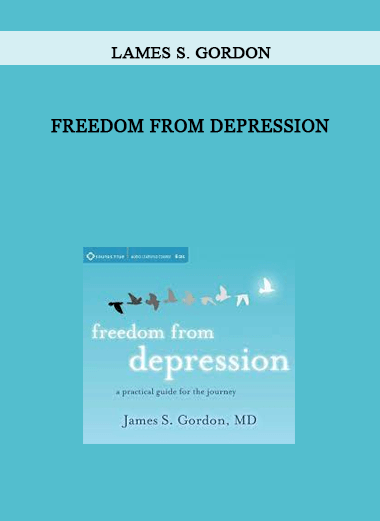
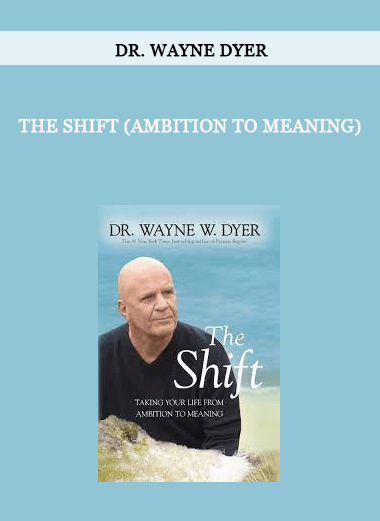
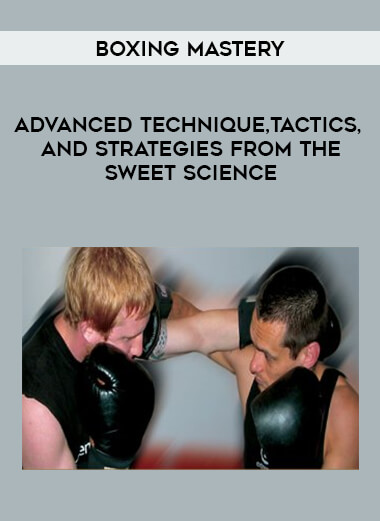


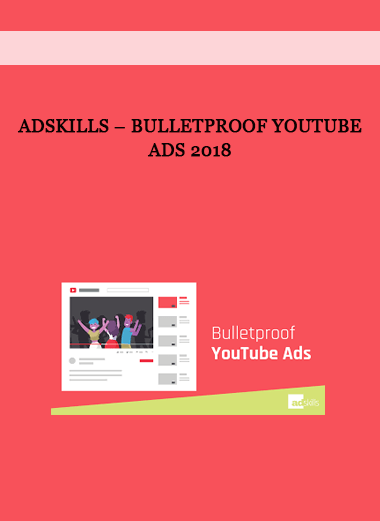

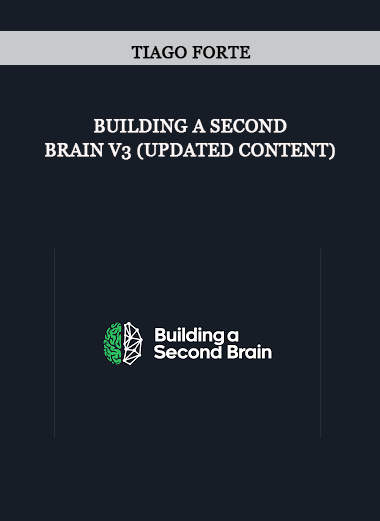

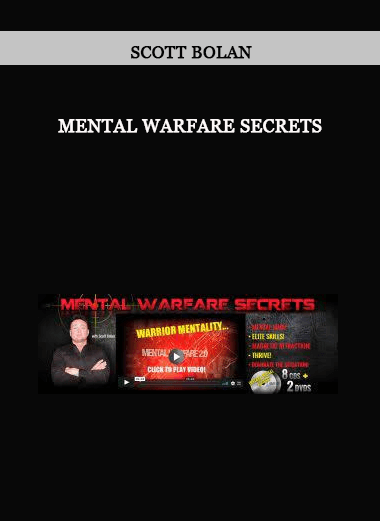





















Reviews
There are no reviews yet.